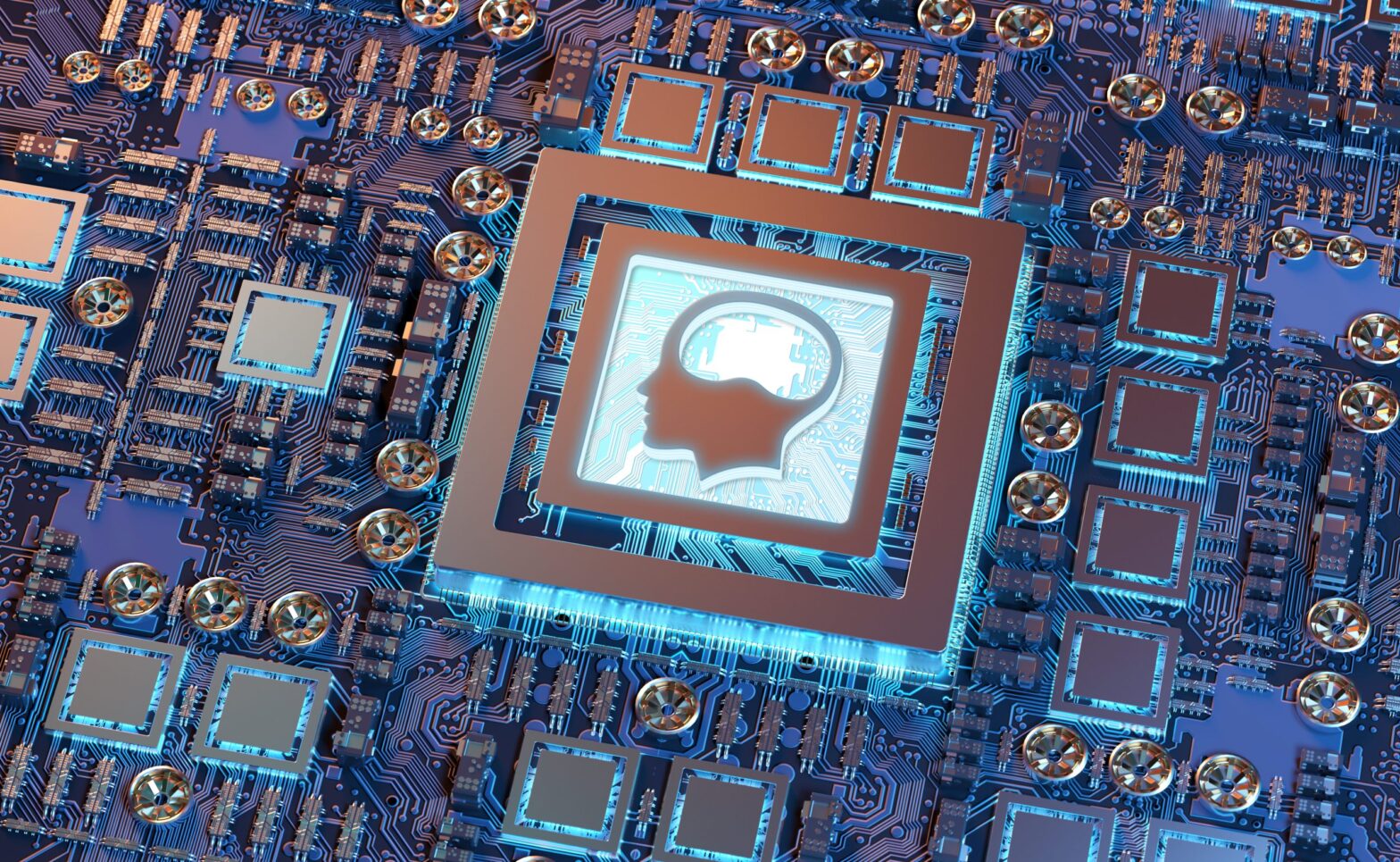The United States Food and Drug Administration (FDA) has authorized a second patient for Neuralink’s brain chip trial, according to a report by the Wall Street Journal on Monday.
This comes after the biotech company’s first patient experienced issues with the implant, where most of its threads lost contact with the brain, significantly reducing the chip’s functionality.
Neuralink, the brainchild of billionaire entrepreneur Elon Musk, has been working closely with the FDA to resolve these initial problems.
The company proposed a new approach, suggesting that the chip be inserted deeper into the brain to improve its performance.
Preparations for the second patient
A source familiar with the matter revealed that Neuralink is aiming to equip a second patient with the brain implant by June.
The company is cautious in its approach, with fewer than 100 applicants qualifying for the procedure so far. This meticulous selection process underscores the experimental nature and high stakes of the trial.
Neuralink’s efforts to refine its brain-machine interface technology highlight the company’s commitment to overcoming the hurdles faced in its initial trials.
By addressing the issues encountered by the first patient and proposing deeper implantation, Neuralink hopes to enhance the reliability and effectiveness of its brain chip.
Potential implications and future outlook
The success of Neuralink’s brain chip trials could have profound implications for the future of medical technology, particularly in treating neurological disorders and enhancing human cognitive abilities.
The company’s advancements are closely watched by both the scientific community and the public, given the high-profile backing of Elon Musk and the ambitious goals set for the technology.
As Neuralink moves forward with its second trial patient, the biotech industry will be observing closely.
The results could pave the way for further innovations in brain-machine interfaces and potentially open new avenues for treating a range of medical conditions.
Challenges and regulatory scrutiny
The journey for Neuralink has not been without its challenges.
The initial setbacks underscore the complexities involved in developing and testing such groundbreaking technology.
Additionally, the company must navigate stringent regulatory scrutiny to ensure the safety and efficacy of its brain implants.
By collaborating with the FDA and making necessary adjustments based on initial trial feedback, Neuralink demonstrates its commitment to adhering to regulatory standards and prioritizing patient safety.
The forthcoming trials will be crucial in determining the viability of Neuralink’s technology and its potential to revolutionize the field of neuroscience.
The post Breaking: FDA authorizes second patient for Elon Musk’s Neuralink brain chip trial appeared first on Invezz

